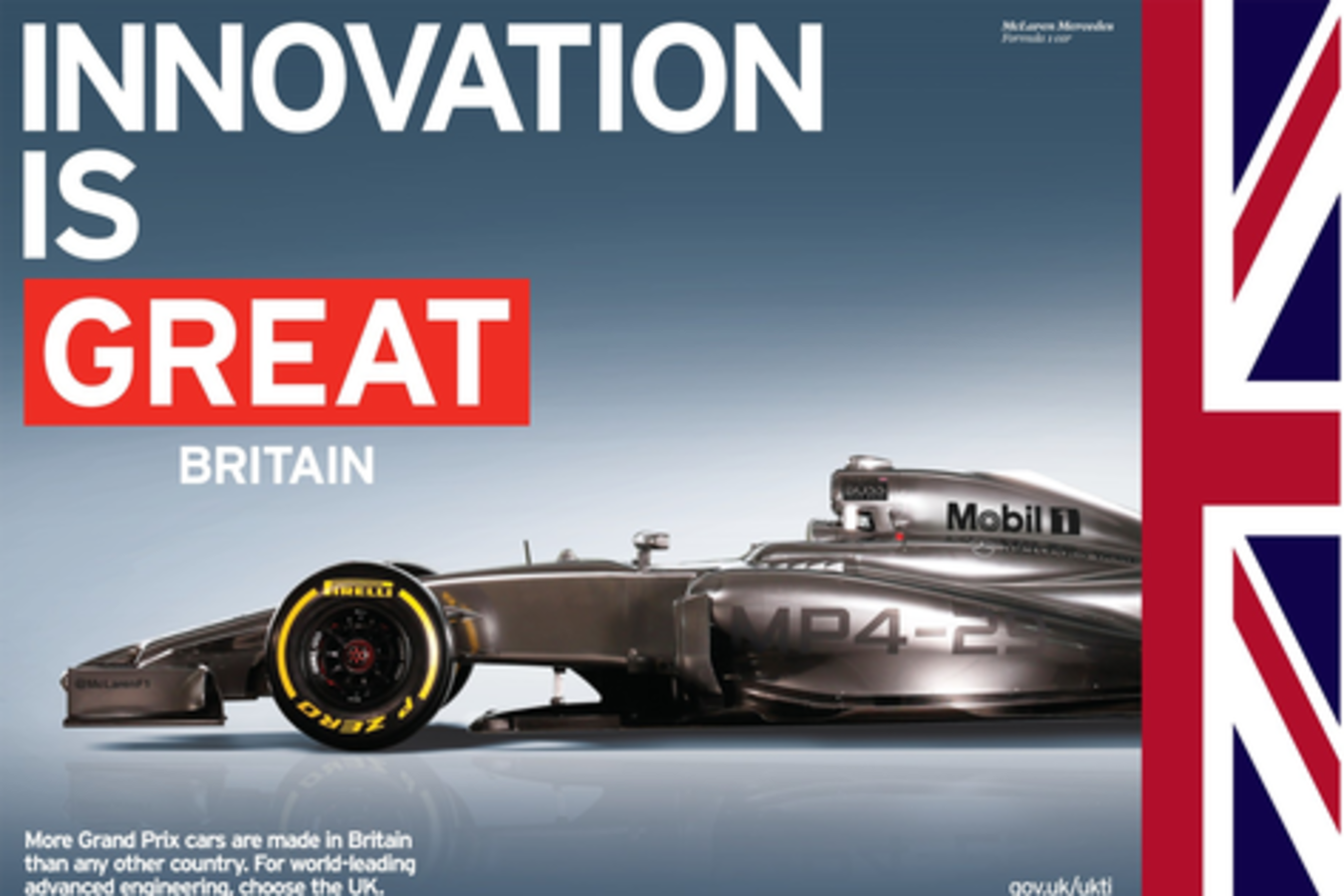F1 Data Analysis Shifts Gears to Healthcare

With the reputation as the most expensive sports in the world, a multi-car Formula 1 team’s average annual budget is nearly $500 million dollars. Formula 1 has not only birthed multinational corporations and a viewing audience of over 500 million people, but its innovation and technological advances are permeating a plethora of industries such as cycling, healthcare, and big data.
Formula 1 cars race at speeds over 185 mph and therefore requires the utmost safety features. A race car will have nearly 500 different sensors between the car and the driver in order to collect data to understand the condition of the car, the environment, and the driver. These sensors and data are being applied to healthcare in order to fight obesity, strokes, and arthritis, as well as creating products, such as high-performance bicycles, that have intelligence built into the materials.
The innovation in “Motorsport Valley” is accelerating at Formula 1 speeds; don’t get left behind.
Presenters
Dan Rutstein
Dir UK Trade & Investment
British Consulate General
Dan Rutstein is currently based in Los Angeles, California where he is the Regional Director of the West Coast for UK Trade & Investment (UKTI). UKTI is the specialist government organization that ...
Show the restGeoff McGrath
VP
McLaren Applied Technologies
Geoff McGrath trained as a mechanical engineer, initially working in aeronautical, civil, chemical, petroleum and mechanical engineering. Gaining experience, from conceptual engineering through to ...
Show the restJulian Jenkins
VP, R&D
GSK
Julian Jenkins is Vice President, Project Planning and Management, and leader of the Digital Platform Performance Unit at GSK. The digital PPU team are focused on harnessing digital technologies an...
Show the rest











